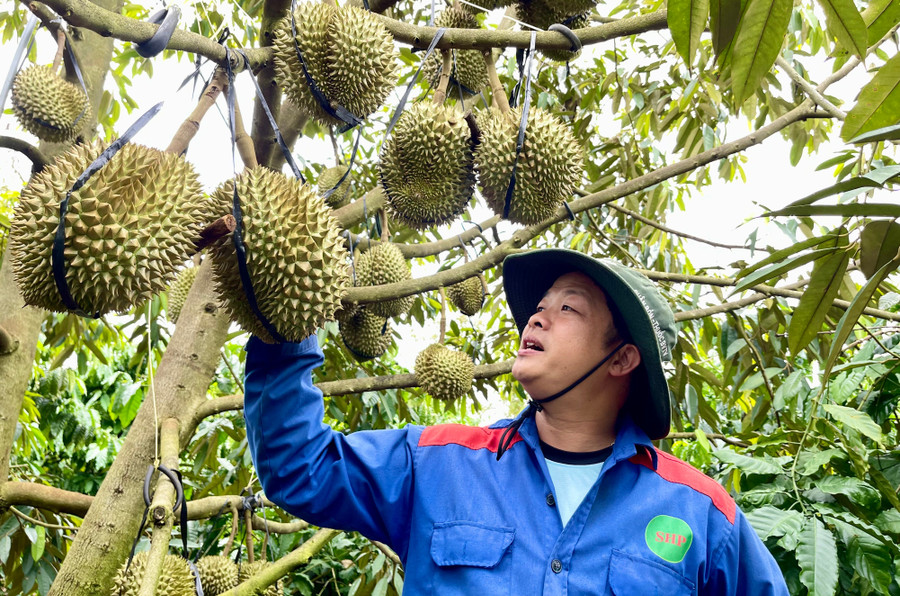
By the end of May 2025, the whole province had about 8,350 hectares of durian, mainly concentrated in the western part of the province. In the past 2 years, gardeners have invested in developing high-quality durian varieties. However, the rate of increase in area is not proportional to the ability to organize systematic production. Most farmers still cultivate in a fragmented manner and have not participated in closely linked chains with cooperatives and export enterprises. By the end of May 2025, the whole province had only 67 growing area codes with an area of 1,539 hectares.
For about a week now, Gia Lai durian has entered the main harvest season, but the purchasing situation is quite quiet. According to market information, the current price of good Thai durian in the garden fluctuates between 65-70 thousand VND/kg (down about 20-25 thousand VND/kg compared to last year). For durian gardens with hard flesh, traders only buy at 20-30 thousand VND/kg.
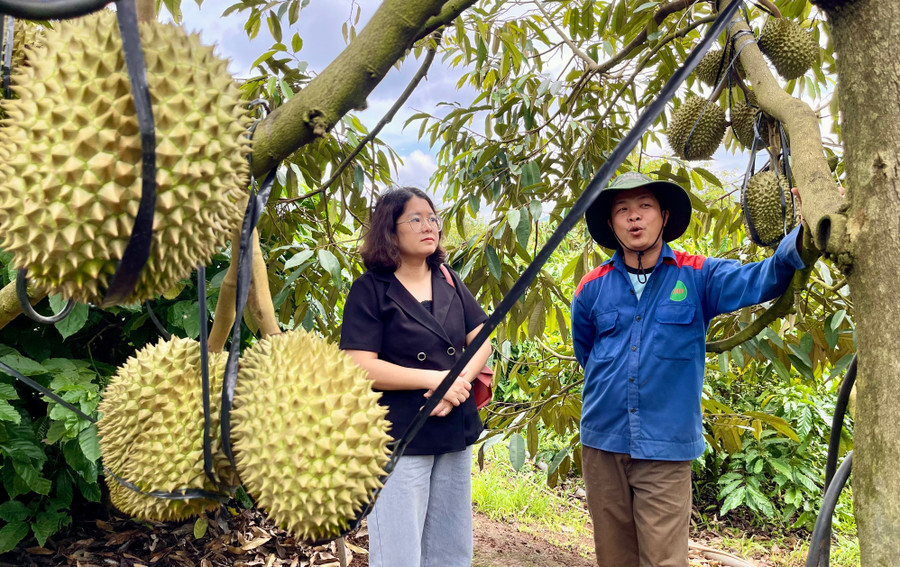
Mr. Dao Duy Quynh - Chairman of the Board of Directors of the Cao Nguyen Agricultural Cooperative (Pang Gol-Phu Tien village, Ia Grai commune) said: "The cooperative has 30 members cultivating 100 hectares of durian. This entire area has been granted 2 growing area codes. In order to have consistent product quality, the cooperative regularly organizes training courses on technical care processes to help members work and sell together, creating higher value. In this production season, many members have produced many batches of flowers to harvest over a long period of time, without concentrating on consumption at one time." According to Mr. Quynh, due to heavy rain, there is a situation of fruit falling, hard rice, and low product prices. Along with that, the sluggish export market is a warning signal, forcing the durian industry to restructure the entire value chain. This is an opportunity to filter the market, eliminate spontaneous and non-standard production models and motivate cooperatives to invest systematically, produce according to the chain and control well the growing area code and traceability.
This year's durian crop has left many gardeners in Gia Lai in dire straits as erratic weather has caused many flowers and young fruits to fall off. The expected yield has decreased, but investment costs have not decreased, from fertilizers, pesticides to labor costs have all increased. Mr. Huynh Mau (Kon Gang commune) shared: "My family has 3 hectares of durian grown using organic methods. This year, my family started later than other gardens, and it is expected to be harvested in about 2 months. The last crop was affected by the weather, so many flowers and young fruits fell off. According to calculations, if the selling price does not reach 40,000 VND/kg, growers will have almost no profit, or even suffer losses."
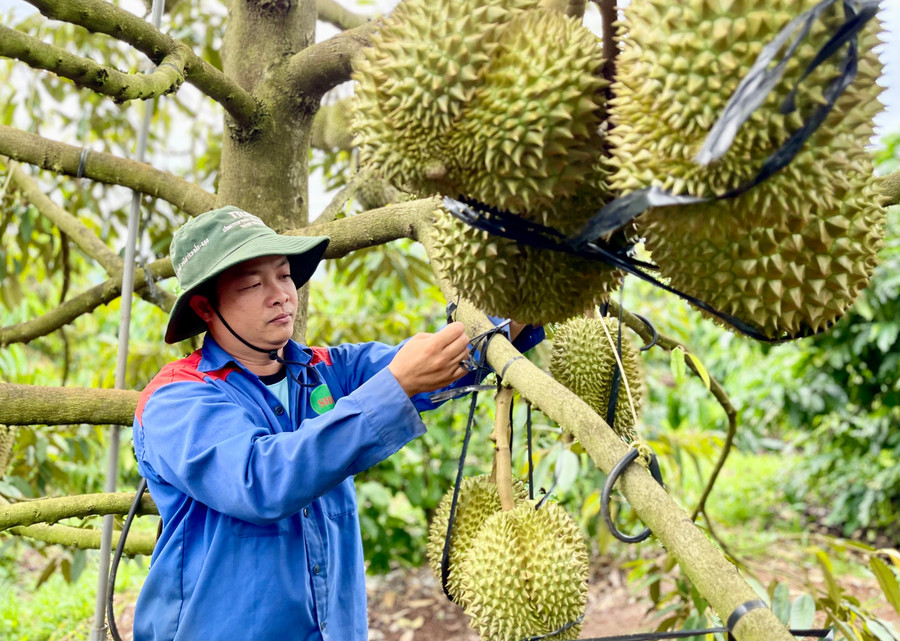
Mr. Nguyen Van Lap - Chairman of the Board of Directors of Minh Phat Farms Cooperative (Chu Prong Commune) said: Although the Cooperative has cooperated with a company that purchases export goods in Dak Lak for fresh fruit, frozen peeled fruit and processed durian products, the purchasing situation this year has not been very favorable. This crop's price has decreased by about 30% compared to the previous crop.
“The decrease in productivity and poor fruit quality has forced many durian gardens to pay lower prices than expected by traders. Farmers are stuck in a spiral of high input costs and unstable output. If farmers continue to produce on a small scale, when the import market shrinks, the risk of losing market share is very high. If farmers produce products that meet standards, have close links with export partners, and maintain production according to VietGAP and organic standards, they will still be sold at stable prices. This is a competitive advantage to maintain orders and better selling prices in a volatile market context,” said Mr. Lap.
Source: https://baogialai.com.vn/vao-chinh-vu-thu-hoach-sau-rieng-rot-gia-post330740.html



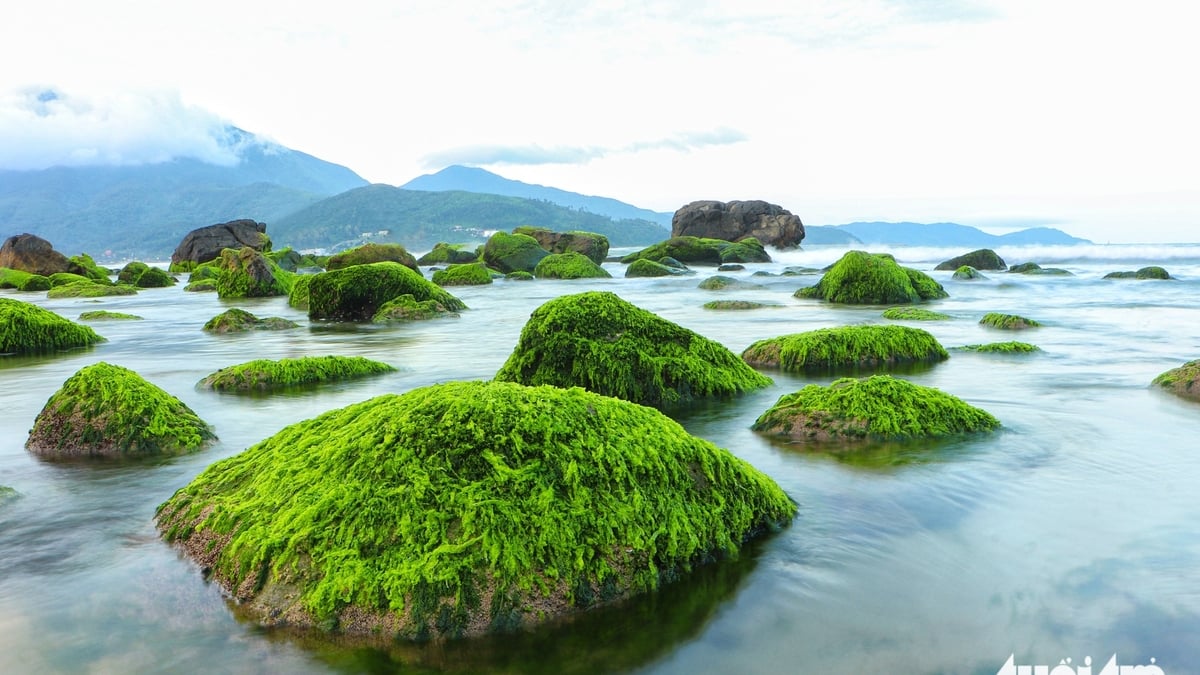

![[Photo] Politburo works with the Standing Committee of Cao Bang Provincial Party Committee and Hue City Party Committee](https://vphoto.vietnam.vn/thumb/1200x675/vietnam/resource/IMAGE/2025/8/28/fee8a847b1ff45188749eb0299c512b2)
![[Photo] General Secretary To Lam attends the opening ceremony of the National Achievements Exhibition](https://vphoto.vietnam.vn/thumb/1200x675/vietnam/resource/IMAGE/2025/8/28/d371751d37634474bb3d91c6f701be7f)
![[Photo] Red flag with yellow star flutters in France on National Day September 2](https://vphoto.vietnam.vn/thumb/1200x675/vietnam/resource/IMAGE/2025/8/28/f6fc12215220488bb859230b86b9cc12)
![[Photo] National Assembly Chairman Tran Thanh Man holds talks with New Zealand Parliament Chairman](https://vphoto.vietnam.vn/thumb/1200x675/vietnam/resource/IMAGE/2025/8/28/c90fcbe09a1d4a028b7623ae366b741d)
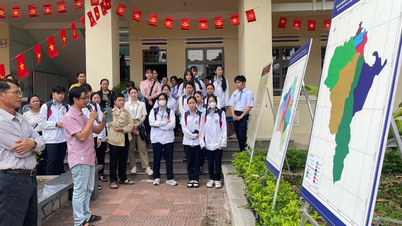
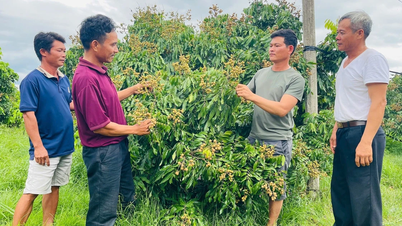


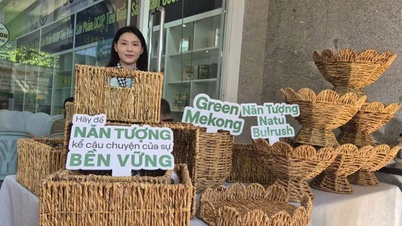
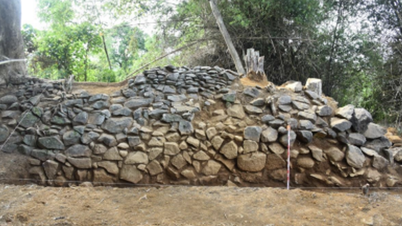

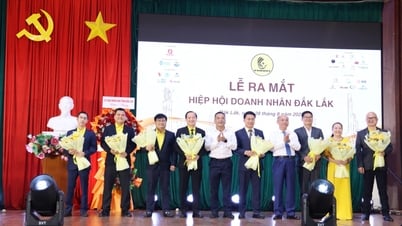

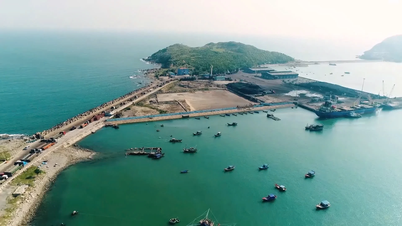



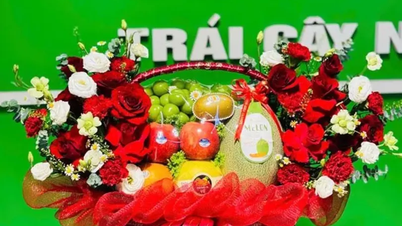









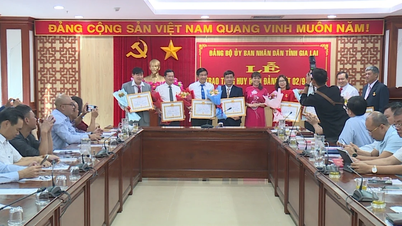
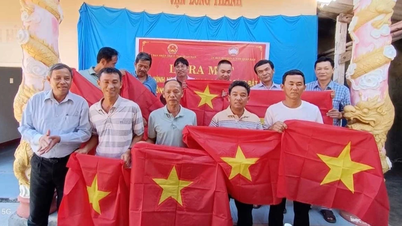

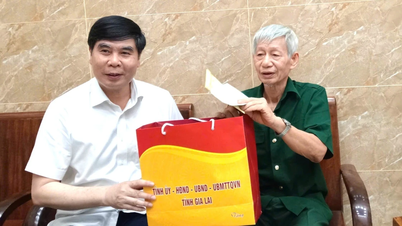
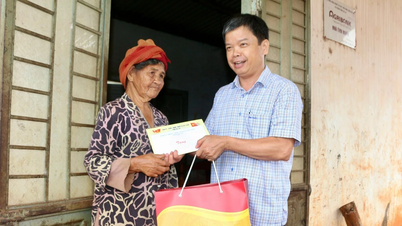

























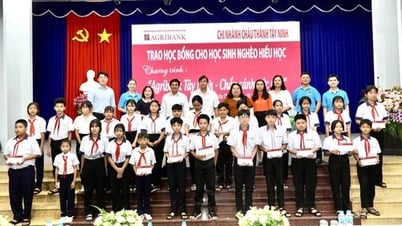



















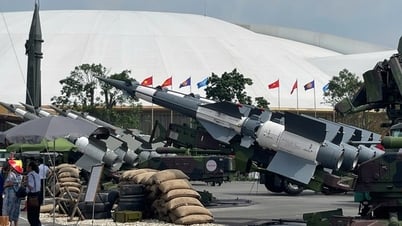

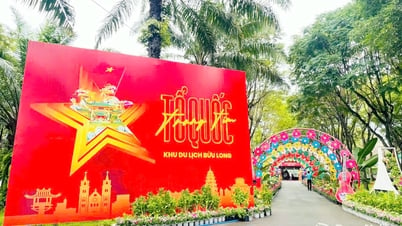


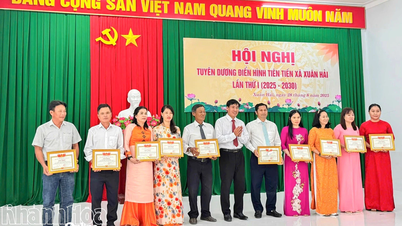


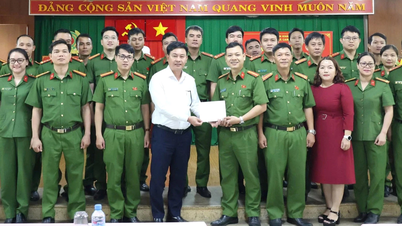
















Comment (0)